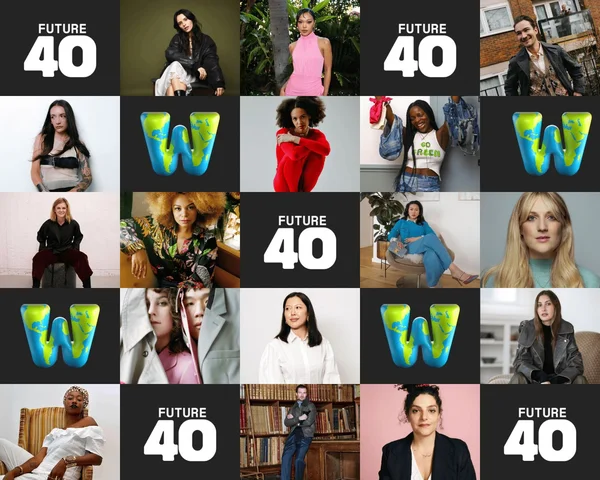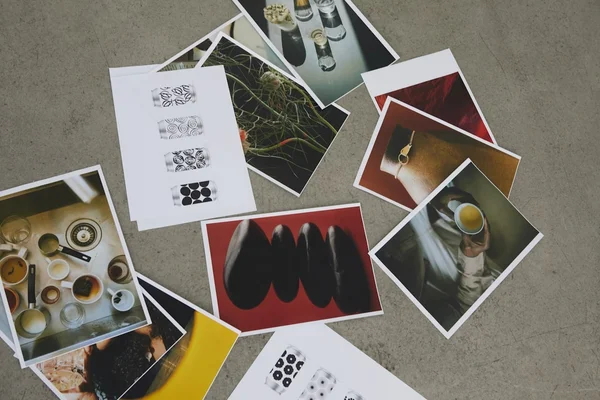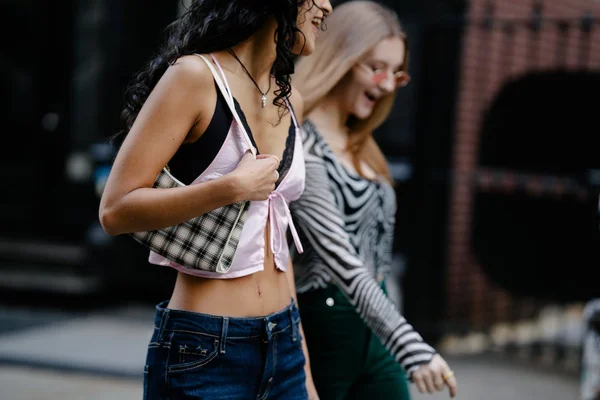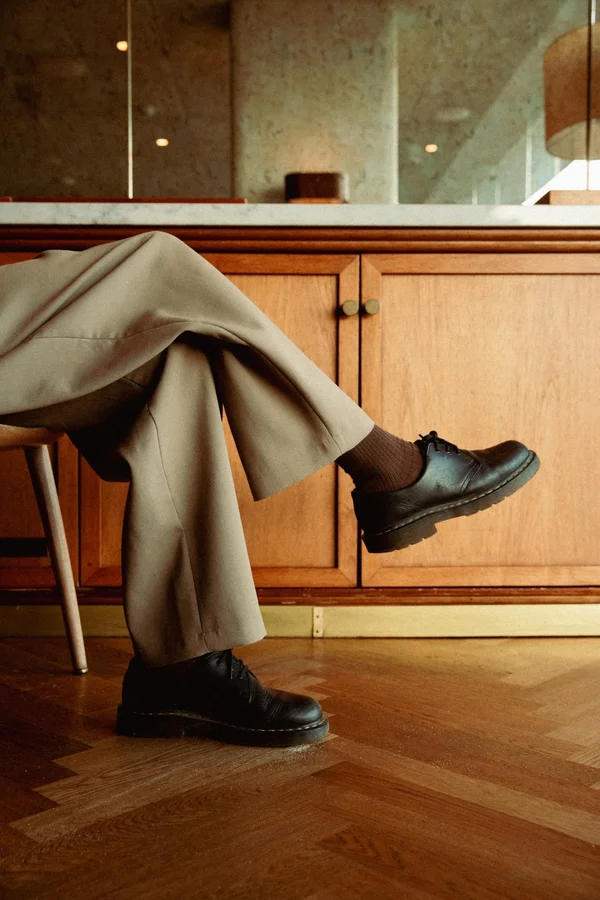Women in Sustainable Fashion Share Their Vision for the Future - IWD
By Florenne Earle Ledger published 08/03/2024

With International Women’s Day ahead of us, I’m prompted to think about the incredible women fighting for a fairer future of fashion, honouring the string of those before them that have been exploited.
Historically, female exploitation has been a cog that keeps the fashion industry turning. Now, thanks to activists and change-makers, we’re making progressive steps to action more rights for women affected. However, we still have a long way to go.
I spoke to some of the pivotal voices targeting different elements of sustainability to paint a clear picture of contentious feminist issues within fast fashion. The speakers shared key steps to take from here to ensure a better future of fashion for all.

Ellen Miles
Ellen Miles roots for nature in urban neighbourhoods. She's made headline news, written two books, and pissed off the Coca-Cola company. The Guardian dubbed her "the new doyenne of guerrilla gardening" – she calls herself a "botanarchist".
Brooke Bowlin
Brooke Bowlin (@secondhand.sustainability and newsletter & website, Nuance Required) realised the impact of excess fashion waste from opening her own clothing store in 2018. Since then, she’s created a platform to educate people on better personal and industry practices.

Elizabeth Joy
Elizbeth Joy is Founder of Conscious Life & Style, a mindful digital media destination inspiring holistic personal, community, and planetary wellbeing. The page explores ways to create a better, more sustainable and equitable future for fashion — and the world — with resources that support a mindful lifestyle.
Is fast fashion a feminist issue?
Ellen: For me, fast fashion is absolutely a feminist issue, I don’t think it’s necessarily helpful to extricate feminism in this way – as if it’s some lone, isolated strand of oppression. As a product of late-stage capitalism, and its incessant commodification of people and resources, fast fashion is inextricably tied up in almost all systems of oppression we can observe in play. We need to approach these topics intersectionally if we are to truly get to the root of them.
Elizabeth: 68% of women garment workers in Cambodia surveyed reported feeling unsafe or uncomfortable at work and an appalling 34% of women garment workers in Vietnam reported experiencing physical harassment at work, according to Global Fund for Women. Nazma Akter, a worker rights leader in Bangladesh, speaks about the very real conditions women face on a daily basis in the garment industry in the second largest apparel exporter in the world.
Brooke: It's not just the women who make our clothes who are impacted by the harms of the fast fashion industry. The fashion industry also fails to include women at executive levels and it keeps their women consumers stuck in manipulative consumptive cycles that prey on manufactured discontent. All the issues surrounding fashion, sustainability, and climate are intersectional and impact women all over the world.
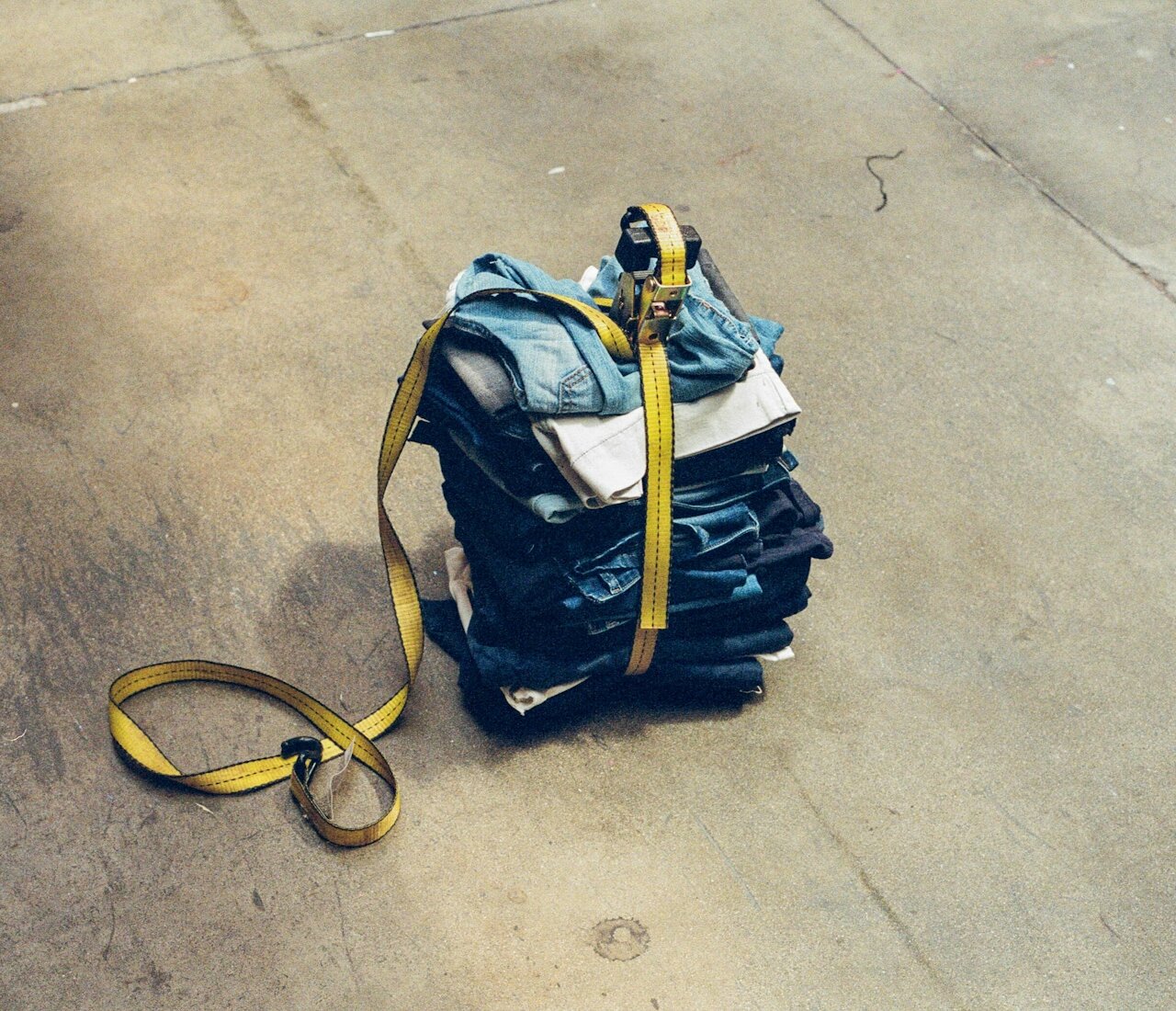
Do you think the general public care more about fast fashion and the environment versus fast fashion and human rights? If so, why?
Ellen: The environmental aspect seems to be taking centre stage, which is why we see fast fashion companies greenwashing their garments, while not addressing workers’ rights and conditions.
Elizabeth: I've found that the people I speak with about fashion's impacts are much more moved by the human story rather than the environmental one. However, fashion brands tend to focus on reducing their environmental impacts rather than improving their social ones, largely due to the costs and complexity involved with meaningfully improving conditions for workers. But really, fashion is failing in both areas. Stand.earth has great reporting on fashion's climate impact. (Ayesha Barenblat, CEO of Remake, always has interesting insights to share on this question of the environmental vs. social focus of fashion as well.)
Brooke: I think that people tend to care more about human rights than the environment because I think we feel more protective of people than the planet. However, I also think that in recent years, there is more public awareness around the need for sustainability and environmental care. Because more brands have been talking about environmental care (and greenwashing about it), more people have developed an awareness and desire to shop sustainably. Since brands don't like to broadcast their workers' treatment as much as they like to talk about doing the bare minimum of climate action, I think more people are swayed by green claims because shoppers are more disconnected from the people who make their clothes (or even find it easier to not have to think about it).
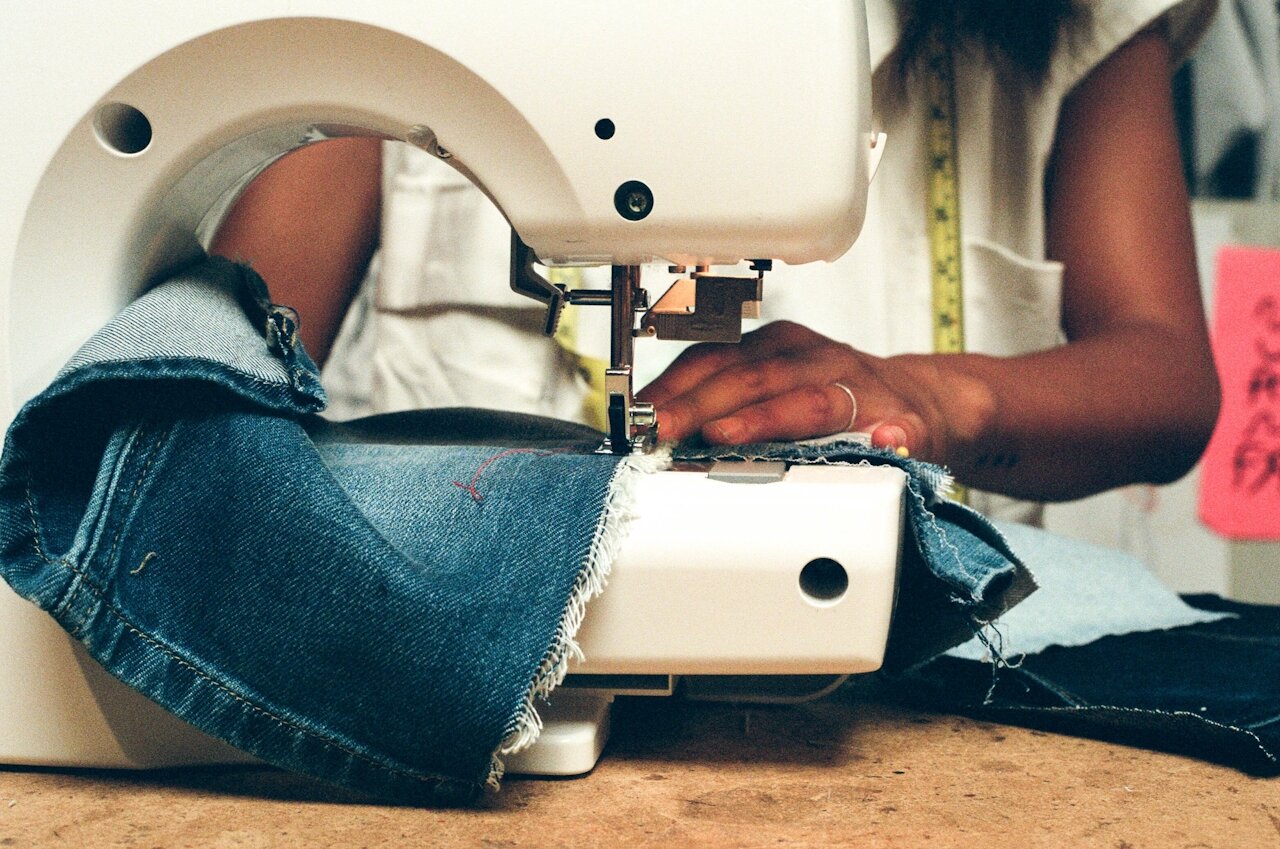
What changes need to be made to create a fairer future in fashion? Where do we start?
Ellen: We need to reframe fashion as being about personal style, rather than an accelerating trend cycle that sees items of clothing as essentially disposable. Along with this, clothes should be designed and built to last. To bring this into force, there should be legislative caps on how many styles a company can produce in a given year, the types of fabric they can be made from, and minimum wages and living standards for the people who make them.
Brooke: From a consumer standpoint, we need to shop less! Overproduction and overconsumption are wrecking the planet. Once we disconnect from the constant need for new, we need to reshape the fashion industry to treat its entire supply chain with dignity (with fair pay and better conditions) and honor the resources that go into making our clothes. This will require regulation as well as transparency and accountability for brands. We need to move to more circular models that don't recklessly exploit and waste our planetary resources.
Elizabeth: A big question! A lot of it comes down to more responsible purchasing practices — and I don't mean consumer ones (though those are also important). If brands do not have fair purchasing practices with their suppliers, including payment and payment terms (some suppliers are agreeing to payment terms of more than 91 days according to Better Buying Index Report — the suppliers certainly have to pay their workers for the work before then!) then where is the supplier going to get the funds to pay their workers fairly?
Name one woman who you admire who’s making a positive impact in the sustainable fashion conversation.
Ellen: Aja Barber! She’s a wonderful, wise person who’s been beating this drum long before it became “fashionable” to talk about.
Brooke: I love Aja Barber— I am constantly learning from her! Her book Consumed is an amazing resource, and she brilliantly highlights many important facets of sustainability in fashion and how they intersect with societal structures like wealth, race, and colonialism.
Elizabeth: Aja Barber's content always makes me think. Aja's Patreon in particular is fantastic and I think anyone interested in ethical fashion would benefit from joining the community!
Something on your mind?
Share your thoughts with Whering community.
If you have an idea for an article around fashion, culture, environment, news, wellness, shopping or DIY, submit a pitch to us!

